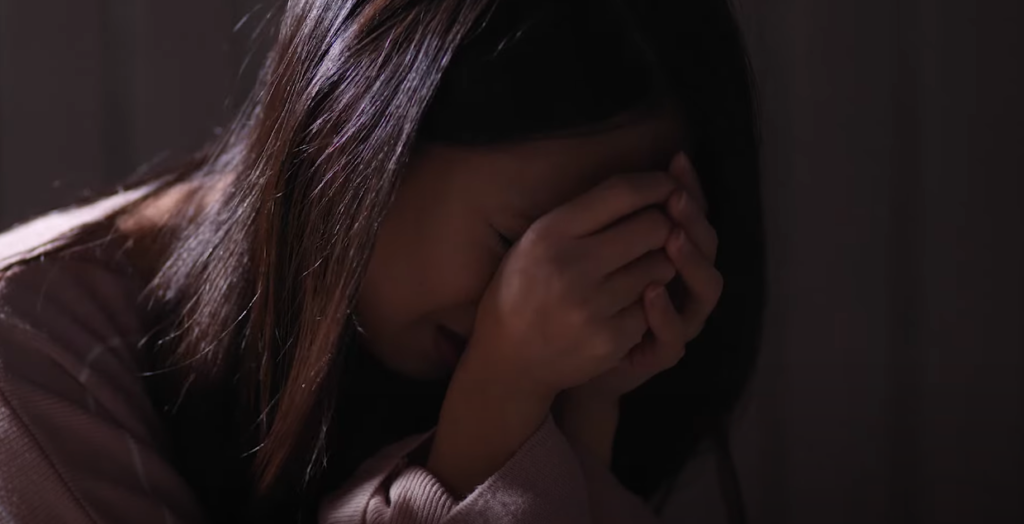By Sibomana Emmanuel – Rwandan Entertainment Journalist, Youth Mentor, and Mental Health Advocate.
Today, in Rwanda, across East Africa, and throughout the world, a silent apocalypse is unfolding—not one marked by bombs or disease, but by the slow death of purpose, identity, and hope among the youth. It’s a war of the mind, waged through algorithms, screens, and digital illusions. And this war is claiming the most intelligent, creative, and emotionally gifted generation in recent memory.
Thousands of young people—brilliant and full of potential—are wasting the most important years of their lives scrolling endlessly, trapped in toxic cycles of validation and virtual violence. Social media has become a battlefield, not for progress, but for insults, bullying, gossip, and superficial trends that serve no purpose but to escape their inner emptiness.
They spend hours chasing likes, followers, and viral moments—digital claps that disappear within minutes—while their real lives quietly fall apart. Beneath their online confidence is a haunting truth: most are suffering not from hunger, but from emotional starvation. They’re comparing themselves to celebrities, influencers, and scammers who flaunt rented luxury cars, fake vacations, and photoshopped bodies—curated lifestyles that breed depression and anxiety in those trying to measure up.
Many live in broken houses but portray themselves as wealthy online. They borrow money for data bundles just to appear relevant, chasing fame while losing themselves. And when the battery dies, when the screen turns black, so do their smiles.
But it doesn’t stop there.
This generation is not just addicted to social media. They are drowning in false realities: sex addiction, pornography, overnight stardom, and celebrity scandals. They’re not just watching gossip—they’re living it. They know the names of foreign influencers better than they know their own local heroes. They can quote reality shows, but not history. They watch viral sex tapes with pride, but have never watched a documentary about their own country’s liberation.
And there’s a new, more dangerous epidemic—alcoholism, drug addiction, and nightlife addiction among youth. Thousands now spend entire nights in bars and clubs. Not because they’re celebrating, but because they’re escaping. Young men who should be builders of their families and nations are instead wasting every coin on beer. Young women, once dreamers of dignified futures, are now chasing validation in toxic relationships and fake lifestyles—drinking, dancing, and losing their value in environments that don’t love them back.
They drink to forget. They smoke to disconnect from reality. They laugh loud but cry in silence.
They want luxury lives—but refuse to work.
They want to live like superstars—but won’t wake up early to plan their future.
They want fame, but not foundation.
They chase influencers who have fake lives and hired photographers. And they never ask: what happens after the camera? After the party? After the sex?
They Forgot Who They Are—and Where They Come From
These young people were not born empty.
They were born in a land of promise. In homes where mothers cried for school fees and fathers worked long hours to feed them.
Some of them are children of marriage and breakup survivors, of farmers, teachers, boda-boda riders, and single mothers and fathers who gave up everything so their children could live better.
But some youth now insult their own parents—publicly blaming them for poverty, shaming them for not affording an iPhone, forgetting the sacrifices that raised them. They no longer say “thank you” to those who shaped them. They prefer clout over character. They prefer appearance over reality.
How did we get here?
Because influence replaced identity.
Because entertainment replaced education.
Because social media became the new school, and in that school, values are absent, morals are mocked, and pain is hidden behind filters.
The Global Dimension: A Cry That Echoes Across Continents
This is not just a Rwandan or African issue. From Europe to Asia, from Latin America to the United States, the youth are collapsing mentally and emotionally under the weight of unrealistic digital pressure. Suicide rates among teenagers are rising globally. Anxiety is now normal. Therapy is trending. Loneliness is louder than ever—despite billions being connected online.
The question the world must ask is:
What kind of adults will we produce if this generation continues down this path?
If the future leaders are broken now, who will rebuild nations tomorrow?
A Wake-Up Call for All
This generation must not be mocked.
It must be saved.
It must be guided.
We need:
- Parents who talk, not just shout. Who teach values, not just enforce rules. Who protect their children not only physically but spiritually and emotionally.
- Entertainers who rise above influence and use their platforms to educate, heal, and transform. You weren’t given followers to lead them into darkness—you were given influence to lead with light.
- Institutions to invest in mental health, digital literacy, and creative empowerment. It’s not enough to give youth smartphones. We must also give them wisdom.
- Youth themselves to wake up, to unplug from destruction, to fight for their lives. You are not your follower count. You are not your depression. You are not your worst decision. You are purpose, waiting to be lived.
The Final Question: Who Will They Become?
If the youth of today continue living in illusions, hating each other, disrespecting elders, avoiding responsibilities, drinking away their potential, and rejecting God—
What will be left of Rwanda?
What will be left of East Africa?
What will be left of humanity?
But if they rise, if they remember who they are, if they stand for truth, work hard, love purely, dream again—
Then this generation will not just exist.
It will lead. It will heal. It will win.
And when that day comes, you will remember me—Sibomana Emmanuel, Rwandan Entertainment Journalist, Youth Mentor, and Mental Health Advocate—who said this.







